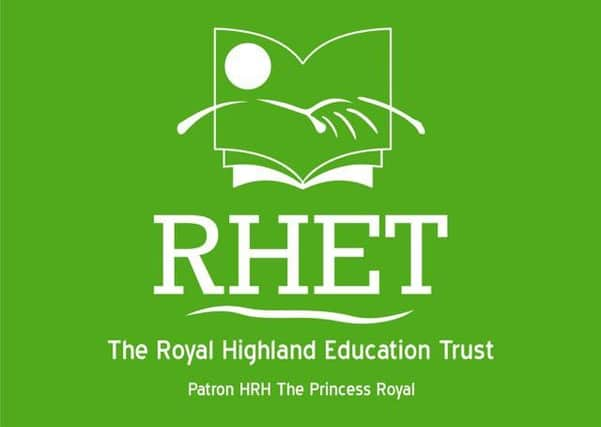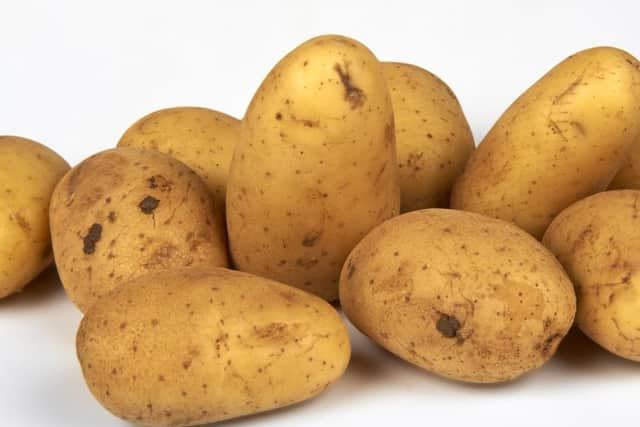If we can't get children down on the farm, let's get farmers into our schools


Modern farming practices have evolved, however, and improving efficiencies and state-of-the-art equipment has seen a decline in the need for hands-on labour.
The educational charity, the Royal Highland Education Trust (RHET), gives youngsters the opportunity to see for themselves what happens in modern farming and food production. Potatoes are just one example and through farm visits or a classroom session, children can learn about the specialised machinery, technology and skills used and glean an understanding of the life cycle and diversity of the potato crop.
Advertisement
Hide AdAdvertisement
Hide AdThere is no such thing as a farm with nothing to show schoolchildren. If there are crops or animals, there is a story. All farms have the potential to educate, inspire and excite future consumers and open the door to a possible career in the industry.


Who better to learn about where food comes than from those who are directly involved in growing and rearing it. There are a few hundred farmers, growers, people who work, study or share an interest in the industry and who share their enthusiasm for their work, share their experiences and knowledge, who inspire and engage with young people either by standing in front of them in a classroom, or even better, standing on the very soil they manage and nurture to grow our food.
RHET is the educational arm of the Royal Highland and Agricultural Society of Scotland (RHASS) whose remit is to promote and further the interests of Scottish farming and food, and rural industry in general.
RHET, core funded by RHASS, is seeing increasing demand for its services and is constantly on the lookout for more volunteers. In the last academic year, it engaged with more than 65,000 school pupils. It offers, at no charge, trips, events, resources, training and visits to schools across Scotland.
Its activity, woven into the education curriculum, responds to the demands and needs of teachers and pupils, bringing to the fore rural life, business and practice, ultimately highlighting the social and human involvement in the production of our food.


In February this year, the Scottish Food Commission interim report covered the progression of the “National Food and Drink Policy; Becoming a Good Food Nation”. In her foreword, Commission Chair Shirley Spear stated: ”In my view, the way we educate our children – in order to equip them for life by knowing how to cook, understand basic nutritional needs, Scottish provenance, our regional culture and how their actions will affect the future of the planet – is vital.”
RHET has a pivotal role to play in that quest.
All charities across the UK are faced with a challenging and highly unpredictable funding future. RHET is launching a series of sponsorship and supporters packages, ranging from £25 per annum for an individual up to +£50k for a major sponsor. With exciting opportunities to develop resources and training, RHET can improve the promotion of careers and employment opportunities in the food and farming sector and stimulate a better understanding of the industry.
RHET recently secured funding from the Scottish Government Good Food Nation Fund to support five months of farm visits and classroom talks for more than 10,000 pupils. Its national network of project coordinators are the lynchpins who organise the visits and talks across Scotland through the year. Finding funds to cover their essential hours is challenging so this recent support is a much appreciated boost.